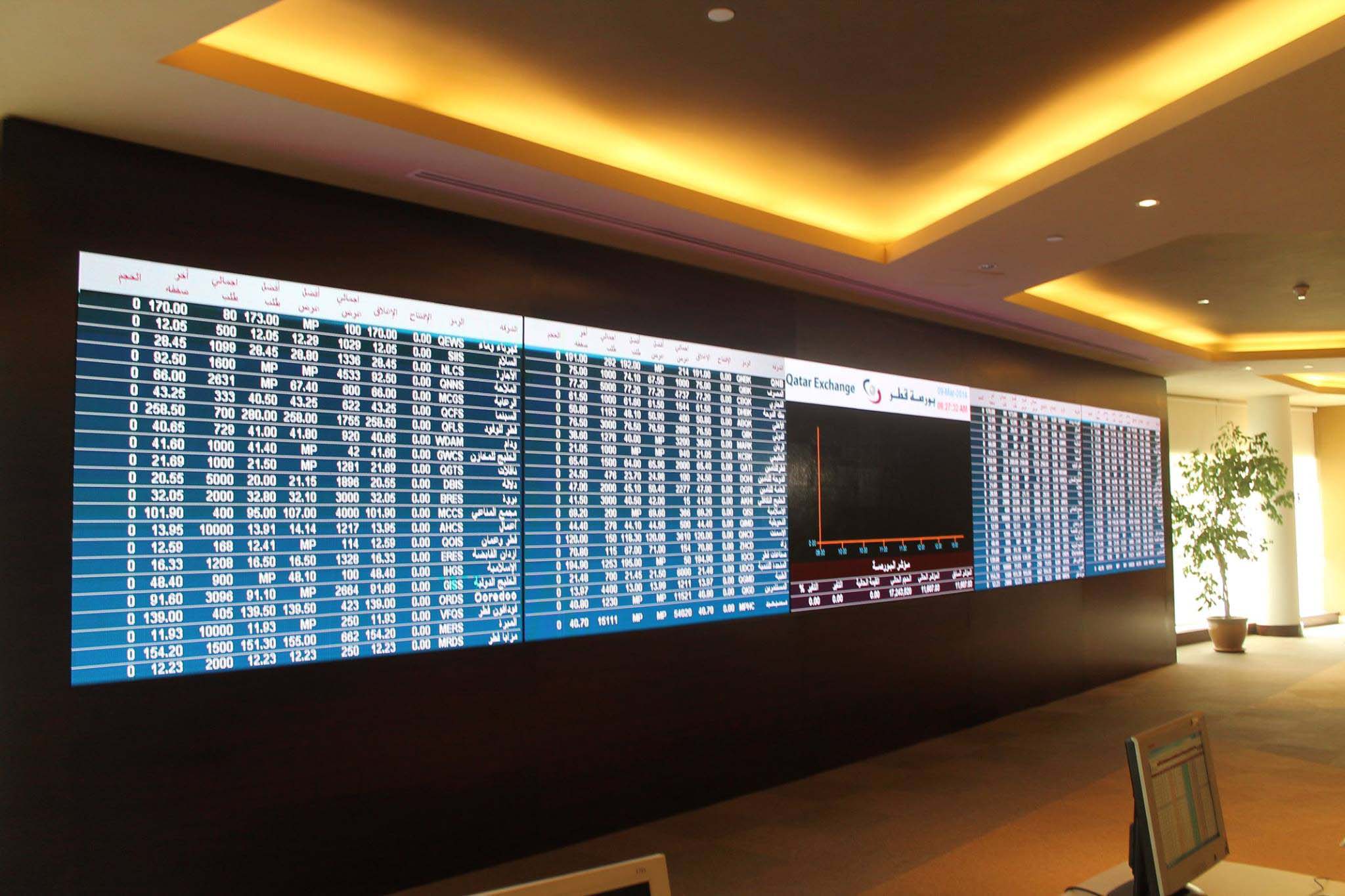The Qatar Stock Exchange was dragged more than 50 points, with its key index settling below 10,000 levels, due to across the board selling.
Hit with yet another challenge amid the pandemic, across the board selling, mainly in consumer goods, industrials, and real estate sectors, dragged QSE more than 50 points on Wednesday, according to an economics expert.
This was made apparent in the 20-stock Qatar Index, in which the weakened net buying interests of domestic, Gulf and foreign funds were instrumental in the 0.5% decline to 9,965.03 points, Santhosh V. Perumal said in a report by the Gulf Times.
Despite little growth in Gulf markets over the past few months, decliners recently exceeded gainers by far on the bourse, with year-to-date losses hitting a 4.42%. Not only that, but over the past couple of months, Islamic stocks have been dropping faster than the other indices.
Meanwhile, the Total Return Index dropped 0.5% to 19,157.44 points, Al Rayan Islamic Index by 0.57% to 2,334.9 points and All Share Index by 0.4% to 3,076.91 points.
Market capitalism, on the other hand, saw a 0.49% decrease, roughly QR3bn, to QR593.75bn, mainly owing to microcap segments.
Read more: Qatar’s GDP to hit $208bn by 2024
With the banks and industrial sectors accounting for about 70% of the total trading volume, trade turnover shrank during higher volume in the bourse.
Unfortunately, the consumer goods and services sector index also declined with a drop of 1.42%. Industrials saw a 0.88% decrease, realty 0.67%, insurance 0.31%, transport 0.28%, banks and financial services 0.09% and telecom 0.05%. Several traded constituents were affected, including Baladna, Woqod, Dlala, Widam Food, Ezdan, Doha Bank and many more.
One of the many governmental efforts that helped boost confidence in the Qatari market despite COVID-19 struggles is the QR10bn support package the government released for Qatar’s capital market back in March. This, along with other financial factors, contributed to market revival.
Despite the drop in numbers, the Gulf individuals’ net profit booking grew from QR10.98mn on October 20 to QR15.14mn this month.
Going forward, experts say that the third-quarter results will determine the course of action for the stock market.
Just last month, Moody’s Investors Service, a leading provider of credit ratings, research, and risk analysis, said that Qatar’s unsecured debt rating is at Aa3 with a stable outlook, despite the pandemic. The ratings were pinned on Doha’s resilience in the face of obstacles, including a temporary decline in oil prices and geopolitical tension, Moody’s said.
The latest figures came as the International Monetary Fund (IMF), a global organisation that fosters global monetary cooperation, believes the 2022 FIFA World Cup will gradually boost Qatar’s economy.







